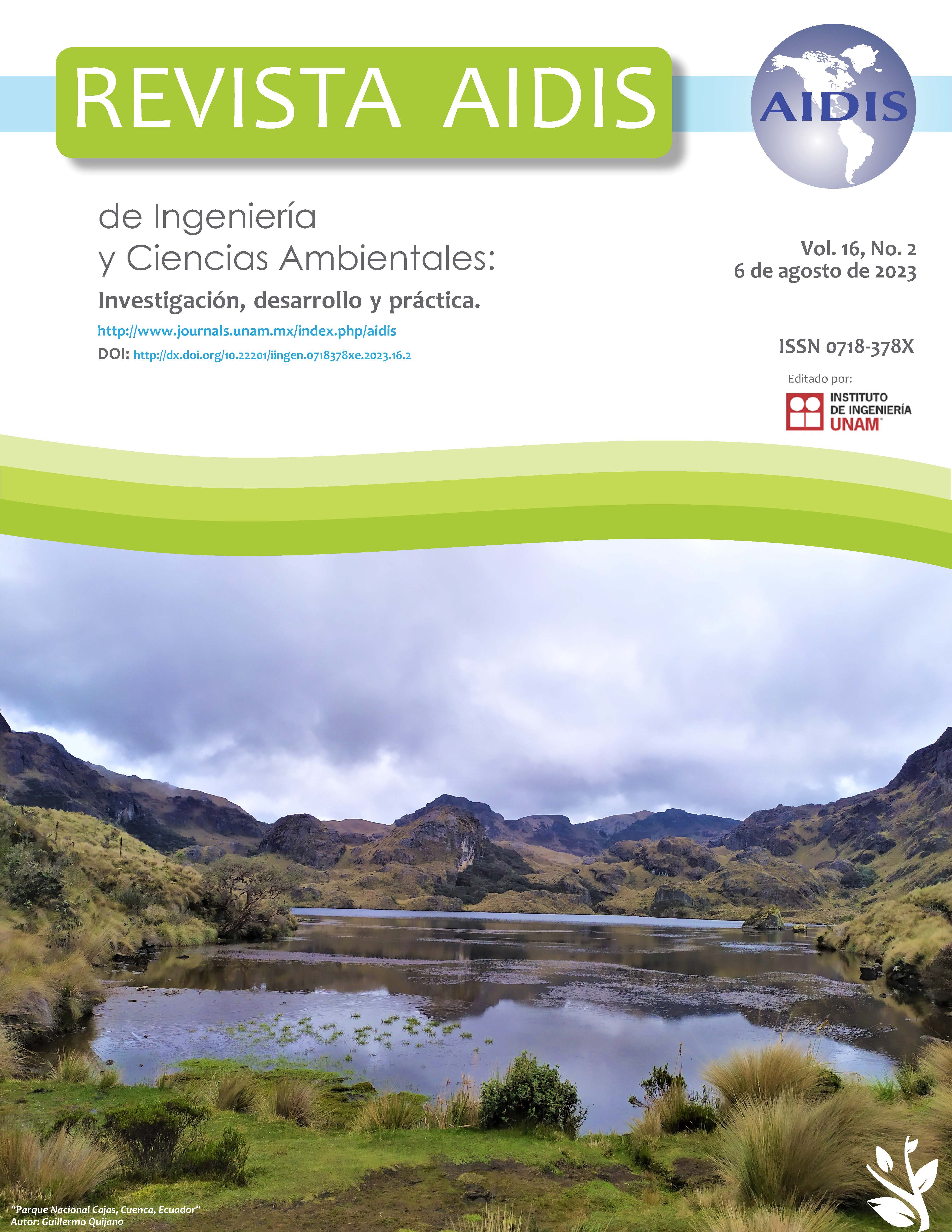DATA ENVELOPMENT ANALYSIS APPLIED TO SOLID WASTE MANAGEMENT IN THE 21ST CENTURY: A BIBLIOMETRIC ANALYSIS
Contenido principal del artículo
Resumen
The increase in solid waste generation and the necessity for more efficient management are issues of modern society. Nonetheless, its multifactorial nature makes this problem complex and searching for solutions not simple. In this way, this type of study requires tools that allow simultaneous incorporation of multiple variables. Data Envelopment Analysis (DEA) is a multivariate and non-parametric technique that analyzes a unit’s efficiency by comparison. The bibliography indicates that this technique applied to solid waste management systems is already a reality. However, there has been no bibliometric reports on current and future research trends about the theme. Thus, this paper aims to fill this gap through a bibliometric analysis, using the literature from the Scopus database, considering articles from journals and conferences published until February 2022. The results indicate that this topic research began in the 21st century, with an expressive rise since 2016, highlighting the topic’s relevance and potential for future research application. In addition, China, Spain, Italy, and the USA are the most productive countries, but cooperation is still weak. Hence, there is a potential to disseminate this research field and promote greater interinstitutional cooperation. Moreover, the findings reveal that DEA is an adequate tool to analyze solid waste management systems. Lastly, this study offers some future research suggestions, based on the results obtained through the bibliometric analysis.
Detalles del artículo
Citas en Dimensions Service

Esta obra está bajo una licencia internacional Creative Commons Atribución-NoComercial-SinDerivadas 4.0.
